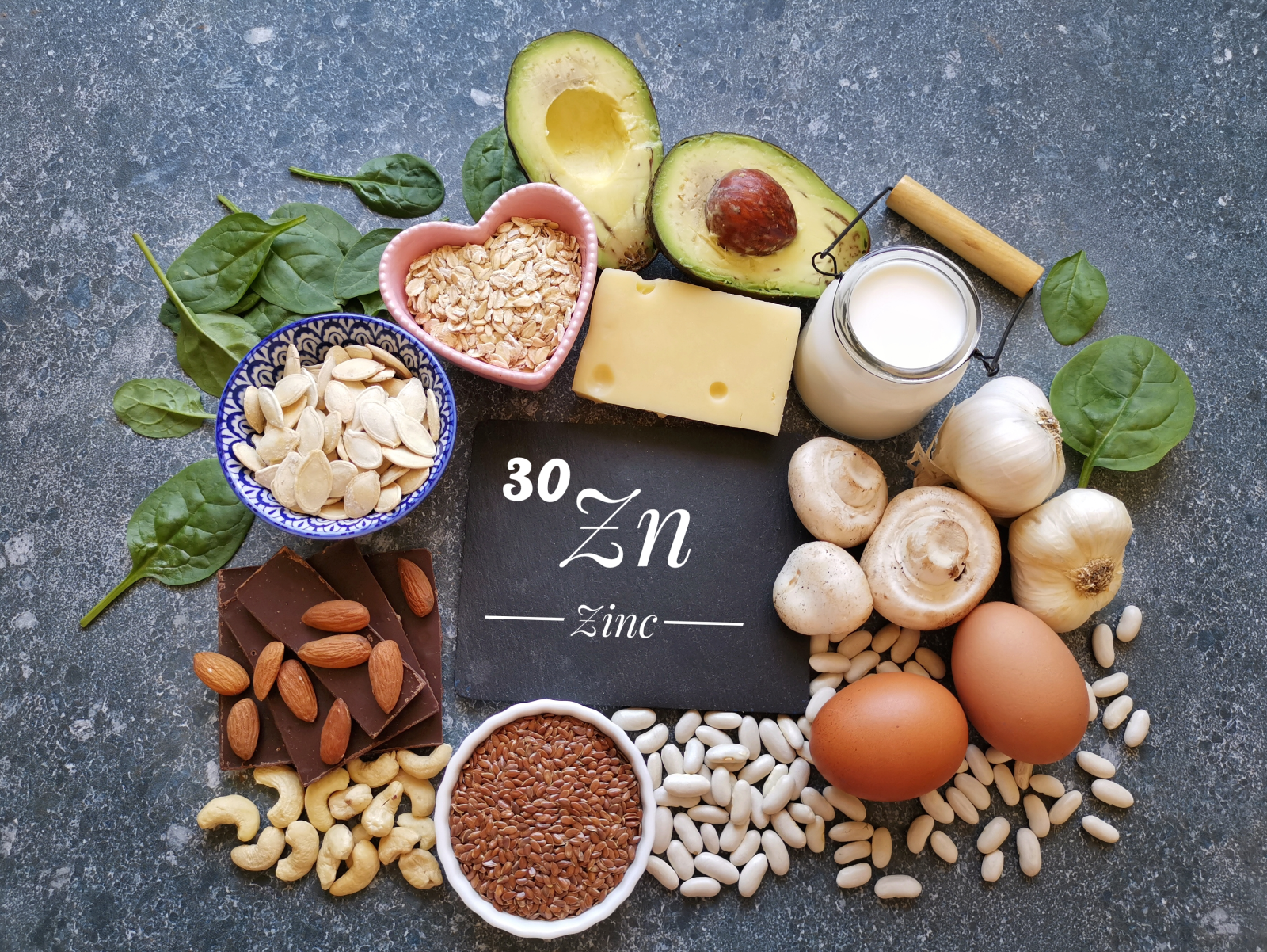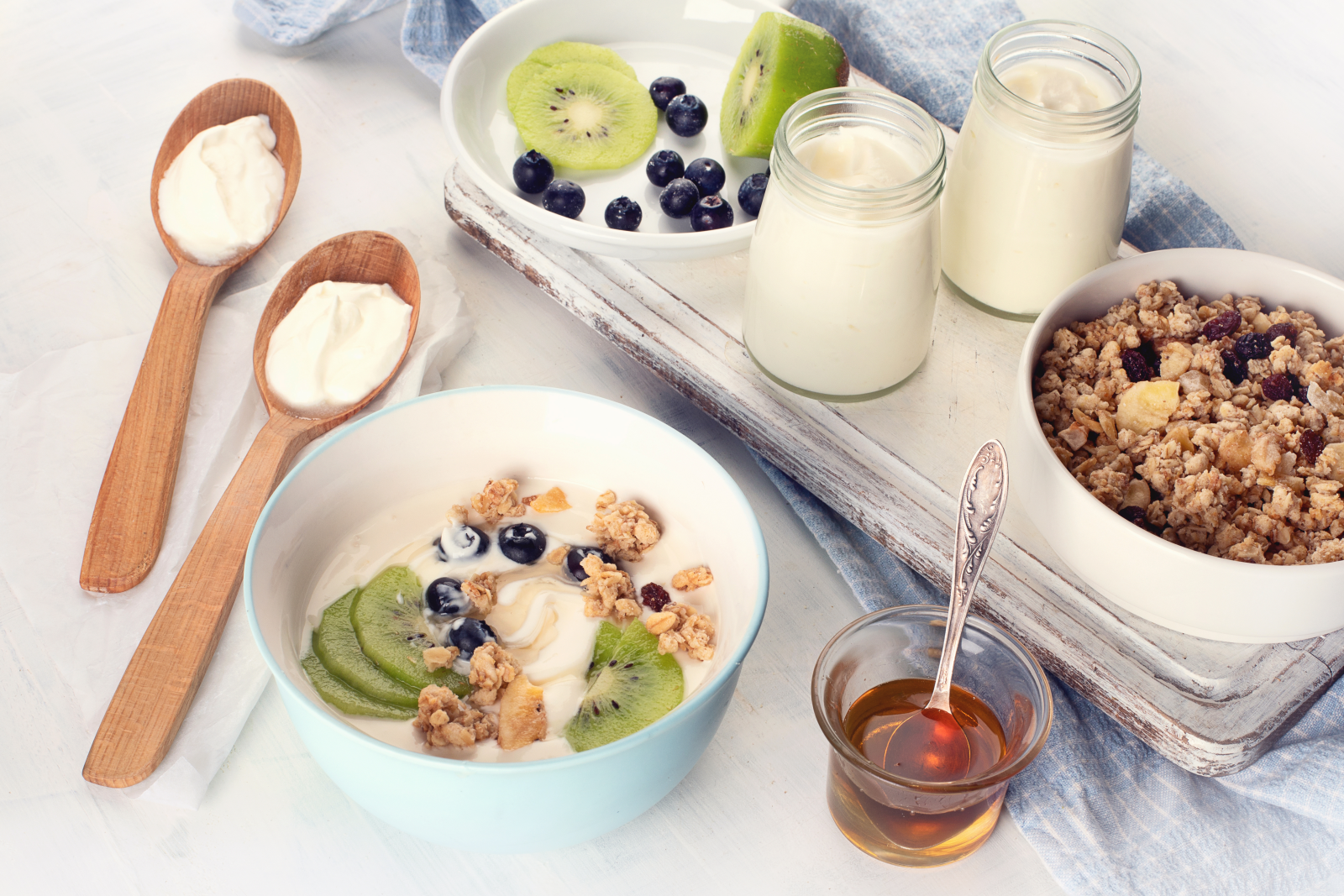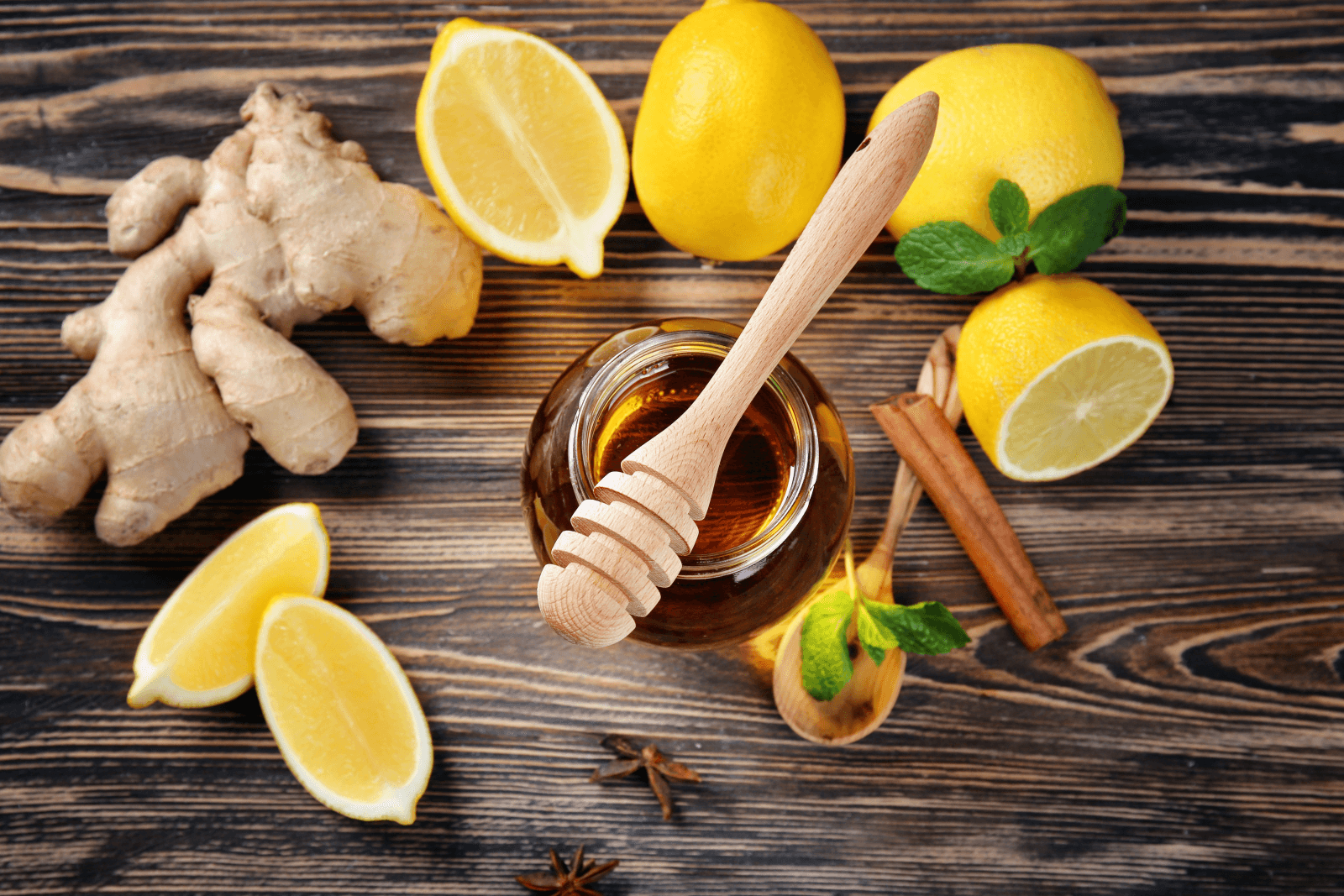Vitamins & supplements: Your daily defense against colds
Since the pandemic shook public health with its devastating effects, the world has recognized how important immunity is in keeping our bodies healthy and safe from viruses. Particularly when winters roll in, one becomes more vulnerable to viral conditions. Be it common colds, coughs or everyday allergies, certain vitamins and supplements play a vital role in preventing their occurrence and even shielding us from their onslaught. Although they may provide this edge, it is important to stay fighting fit through a combination of good hygiene, proper hydration, a healthy diet, restful sleep, stress management and regular exercise.
In this blog we will explore the efficacy of supplements based on moderate scientific evidence as well as preliminary evidence, as in proof that’s been derived from direct experience and passed on almost by word of mouth.
Moderate evidence suggests that…
The effect of vitamin C, vitamin D and zinc is mostly positive against fighting or preventing cold and flu-like conditions. While vitamin C appears to be the most common line of defense (C for colds), the other two supplements play a significant role too. Let’s explore.

Vitamin C
Vitamin C is most marketed go-to supplement for prevention and treatment of colds. Naturally so. It helps immune cells form and function as it supports the skin cells that protect you from disease causing bacteria and viruses. However, can this protection ward off colds altogether? Here are a few research findings:
- People who start taking vitamin C while already having a cold don’t see any immediate relief or benefit. At best, the vitamin can shorten the duration of a cold in an ailing patient. But it does not cure the condition.
- However, if you take vitamin C regularly enough, you can expect shorter colds (up to 8% in adults and 14% in children), with perhaps less intense symptoms.
- Those who engage in regular exercise, like athletes enjoy the ability to bounce back from colds much faster – provided they’ve been supplementing regularly.
Sources of vitamin C: Citrusy fruits, strawberries, blackcurrants, broccoli, sprouts and potatoes.
Daily intake: Adults should consume up to 40mg of vitamin C a day. This is usually covered in your regular healthy balanced diet. Vitamin C isn’t stored in the body, so you need it every day.
Vitamin D
The case for vitamin D is slightly different from vitamin C. Studies show that one’s immunity is impaired when vitamin D becomes deficient in your system. Since vitamin D receptors are found all throughout your body, they are integral to cellular processes including the regulation of immune cells during infectious bouts. Vitamin D also helps regulate the amount of calcium and phosphate in the body. These nutrients keep the bones, teeth and muscles healthy.
People with low vitamin D levels are at greater risk of viral infections in the upper respiratory tract (URT). Taking vitamin D may put you at less risk of asthma attacks.
Daily intake: Taking vitamin D is not a guaranteed defense against common colds, but its deficiency might compromise your immunity further.
Sources: egg yolk, liver, red meat, oily fish and plentiful sunshine.

Zinc
Of all the supplements, zinc has seen an emergence in recent years, because it plays several crucial roles in the immune system. If you’re susceptible to colds, make sure your diet is rich in zinc. If you sweat a lot, your risk of zinc insufficiency tends to be higher too. However, all things considered, it is also risky to load your diet with too much zinc.
Daily intake: Zinc lozenges are shown to be useful in reducing respiratory tract infections. Sucked all through the day (75-95 mg of zinc), starting 24 hours within the onset of your symptoms, these lozenges can reduce the duration of your cold by 2 to 4 days. Though it may take more time to taper off. Before you head out to buy them, let us remind you that excessive use of Zinc lozenges may cause nausea or dysgeusia (a change in taste perception). Similarly, zinc nasal sprays can cause anosmia (loss of smell perception)
Additionally, you must know that zinc is present in certain amounts in our regular diet as well. So, if you do plan to take lozenges, your supplementation should not increase more than 100 mg/day, for up to 2 weeks.
Preliminary evidence suggests that…
Some of the most prominent and promising supplements are elderberries, echinacea and probiotics.
Elderberries
Known for their antioxidant properties, elderberries help reduce the duration of coughs and colds. But they are largely understudied as a supplement. Extracted from the fruit of elderberry shrubs, it is sometimes consumed as a juice. However, you must be careful so as to cook the berries properly to avoid toxicity.
Echinacea
Taken daily, echinacea is effective against the treatment of upper respiratory infections. But we must remind you that these studies are of a low quality and that the effects are moderate at best.

Probiotics
Probiotics may have a positive effect on improving the body’s immune response and preventing common colds. Logic suggests that this happens when they restore the natural balance of gut bacteria. But it is difficult to conduct a systematic review of the subject because different studies use different bacterial strains.
What’s the final take?
Reaching for supplements can seem like the quick fix defense against colds and the flu, but your best bet is to pair that intake with following non-negotiable measures. They have been proven to help patients bounce back much more efficiently.
- A healthy, nutrient-rich diet
- Minimised exposure to others with cold or the flu
- Plenty of fluids
- Adequate and regularised sleep
- Effective stress management
- Avoiding touching the eyes, nose, mouth
- Washing your hands regularly
- Having an exercise schedule
Read more at length about this in our next article.
Tags: Vitamin A, Vitamin C, Vitamin D, Echinacea, Elderberry, Probiotics, Vitamin sources, Vitamins against colds






